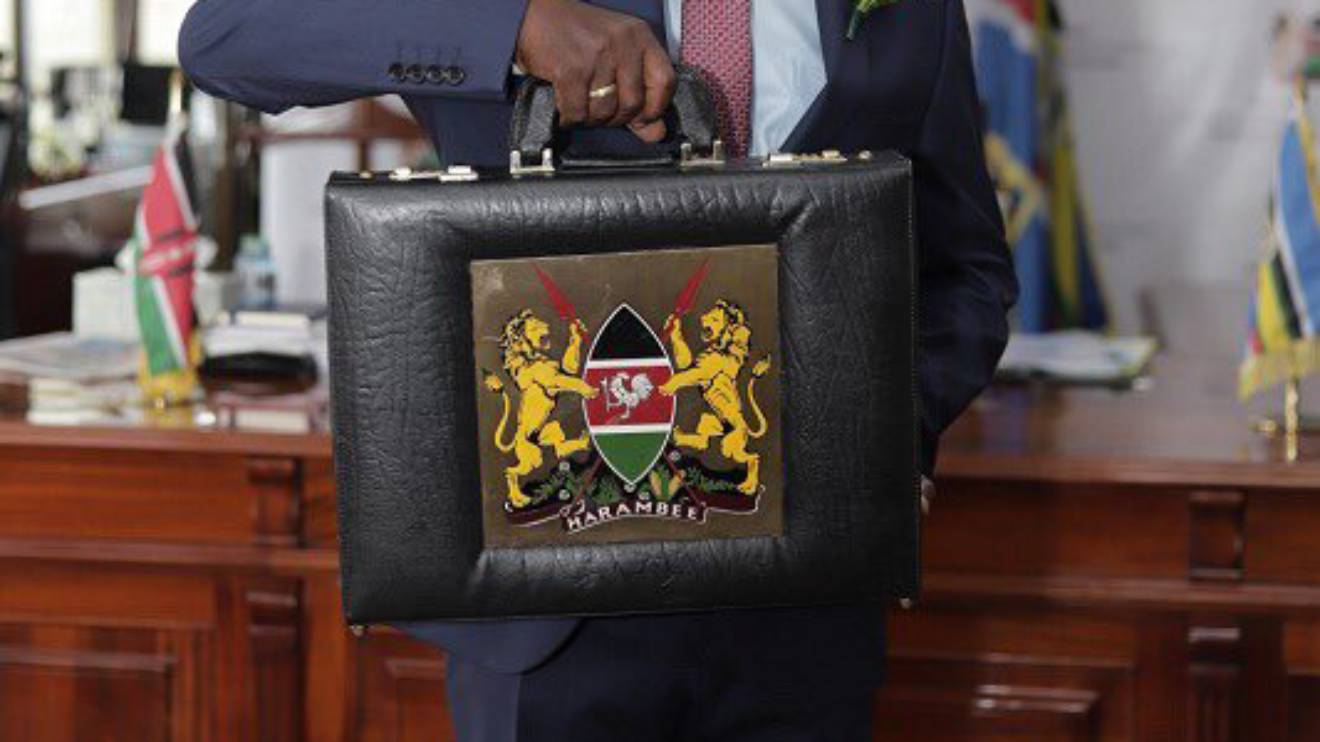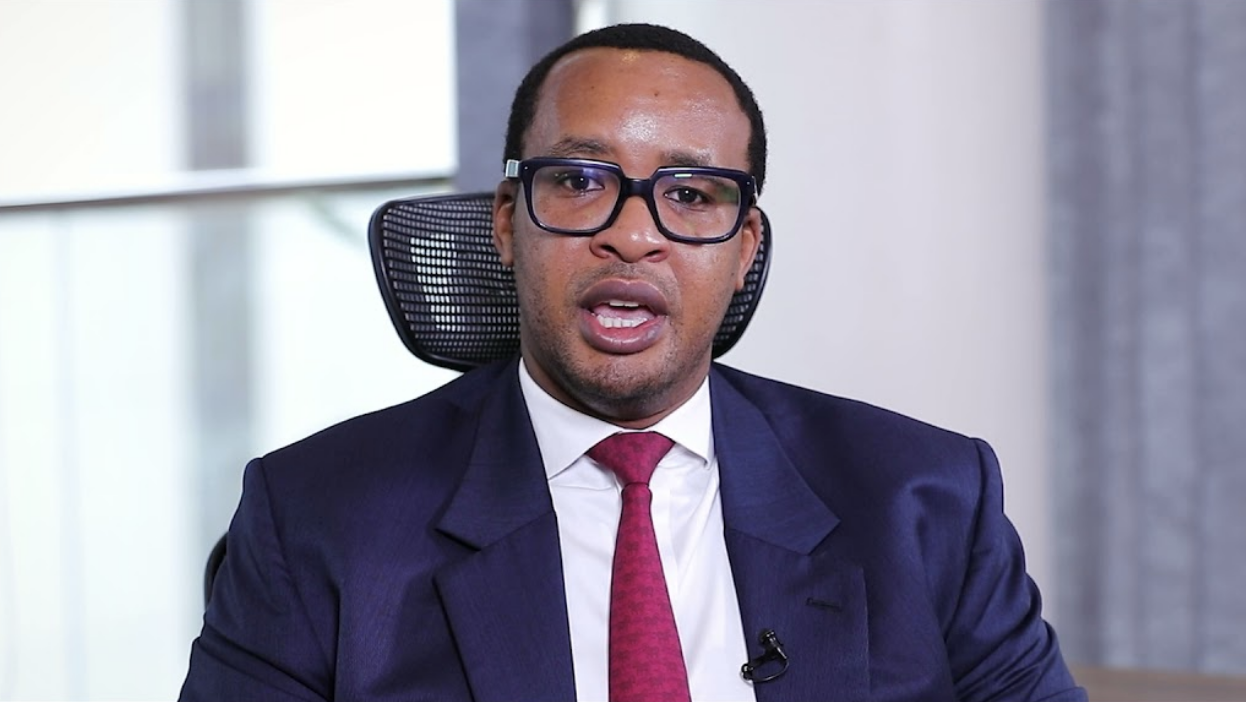The Treasury has significantly reduced the 2024/25 budget by Sh267.5 billion, citing underperforming revenue collection and a ballooning national debt.
This revision brings the total projected expenditure and net lending for the fiscal year starting July 1st down to Sh3.92 trillion, compared to the previously anticipated Sh4.188 trillion.
The spending cuts will be implemented across various government departments.
Day-to-day operational costs, including salaries, pensions, and interest payments, are expected to decrease by Sh77.6 billion to Sh2.781 trillion from a prior estimate of Sh2.859 trillion.
Development spending will bear the brunt of the budget adjustments, with expenditures projected to fall to Sh687.9 billion, down from the initial Sh877.8 billion allocation.
Read More
The Treasury attributed the spending cuts primarily to the shortfall in domestic revenue collection.
"Following underperformance of revenues in the financial year 2023/24, the projected revenues have been revised accordingly," the Treasury stated in its budget summary.
They emphasized the need to "contain borrowing and rationalize expenditures to sustainable levels" to maintain fiscal consolidation efforts.
The exchequer has also revised its overall revenue estimates to reflect recent collection shortfalls.
Total projected revenue has been adjusted downwards by Sh81 billion, from Sh3.435 trillion to Sh3.354 trillion.
Ordinary revenue, primarily tax collections by the Kenya Revenue Authority (KRA), is now anticipated to reach Sh2.913 trillion by June 2025, a decrease from the earlier estimate of Sh2.948 trillion.
The Treasury expects the spending cuts to contribute to the government's fiscal consolidation plan by reducing reliance on borrowing to finance the budget.
"The fiscal policy endeavours to strike an appropriate balance, addressing rising debt and social discontent while recognising the difficult trade-offs exerted by Kenya’s limited fiscal space that has been exacerbated by continued financing constraints," they added.
The revisions are projected to decrease the 2024/25 fiscal deficit by Sh189.2 billion, leading to a reduction in government borrowing requirements from both domestic and external sources.
Net foreign financing, for example, is expected to fall to Sh256.8 billion from a previous estimate of Sh326.1 billion.
By reducing budget allocations and acknowledging revenue shortfalls, the Treasury appears to be taking heed of Parliament's warnings regarding the risks associated with missed revenue targets.
The National Assembly Budget and Appropriations Committee, while considering the 2024 Budget Policy Statement, expressed concern that previous tax measures had not yielded the desired revenue increases.
The committee approved lower spending caps for the Executive, Parliament, and the Judiciary in an attempt to force a downward revision of the overall government spending plan.







 shares a light moment with the company's Group CEO Dr Patrick Tumbo (right) at a past event-1758121528.jpeg)